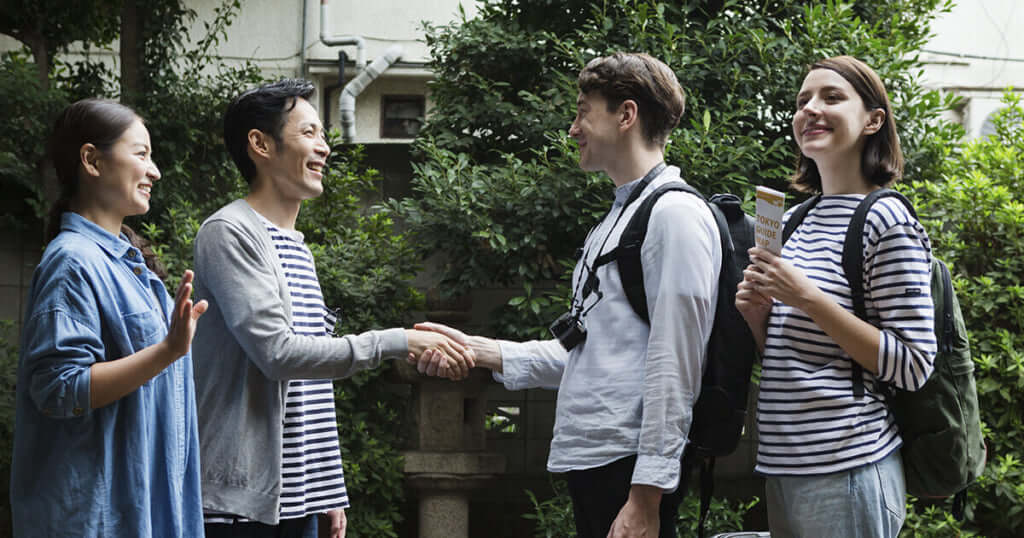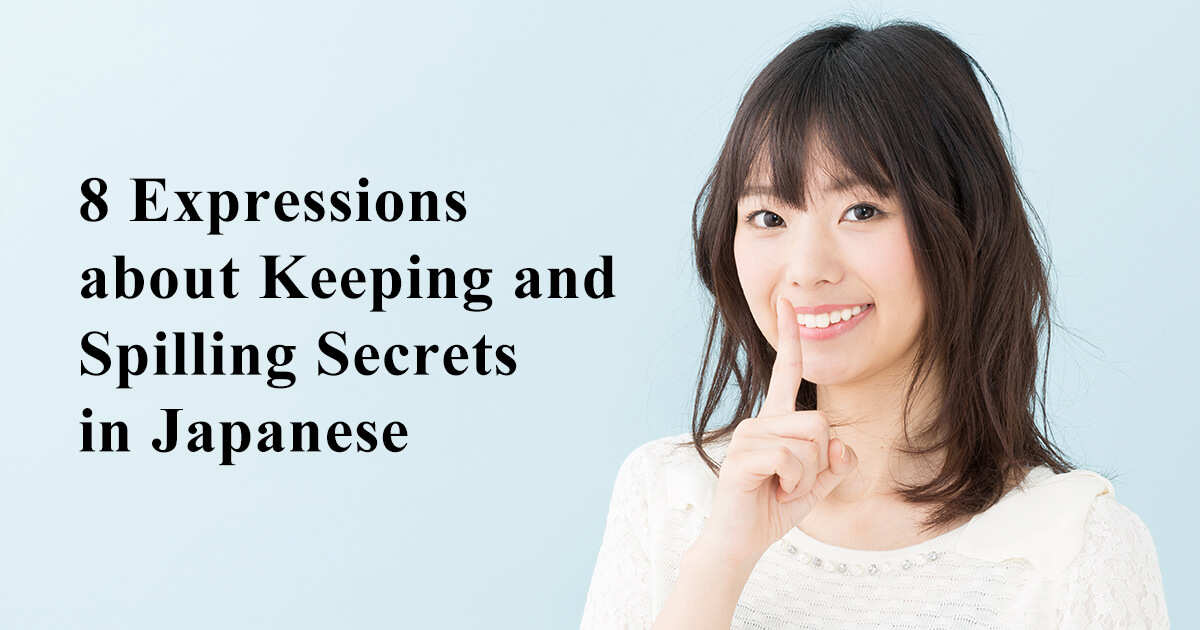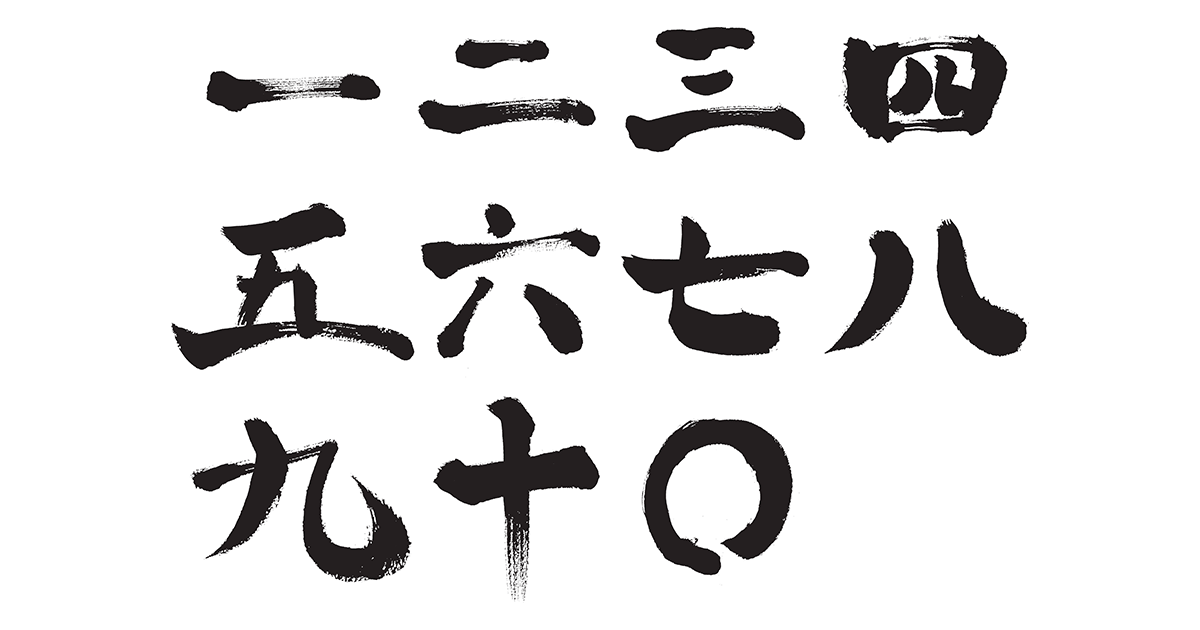
You may have heard of the following 8 essential Japanese greetings but do you know the nuances behind some of them? Let’s find out more!
おはようございます Ohayoo gozaimasu
Good morning
This is a polite greeting to mean “good morning” to someone who is more senior than you or if the occasion is a formal setting. If you are talking to a close friend or family member, you can use the more casual version おはよう ohayoo.
こんにちは Konnichiwa
Good afternoon / Hello
Use this greeting during the day to mean “good afternoon” or “hello”.
こんばんは Konbanwa
Good evening
Use this greeting in the evening or night.
おやすみなさい Oyasuminasai
Good night
You can say this at night before going to bed or before going home after a late night’s out with friends.
すみません Sumimasen
Sorry / Excuse me / Thank you
This is a 3-in-1 expression that beginner learners must master! Sumimasen is often used to say “excuse me” if you need help getting directions or getting attention from someone and “sorry” if you accidentally bump into someone on the train. It can also be used to mean “thank you” when you have troubled someone to do something for you. In this case, it is slightly different from arigatoo gozaimasu (thank you) because it conveys a sense of apology in addition to the usual thank you.
ありがとうございます Arigatoo gozaimasu
Thank you
While being polite, it is best to use arigatoo gozaimasu to show your gratitude. Arigatoo is a casual way to say “Thanks!” to friends. You may have heard of the word どうも doomo (thanks). Doomo is actually the abbreviation of the formal expression どうもありがとうございます doomo arigatoo gozaimasu (thank you very much). Saying the whole phrase might be a mouthful sometimes so someone may just say a quick, polite and formal thank you with doomo.
失礼(しつれい)します Shitsurei shimasu
Excuse me
You can use this expression if you’re entering or leaving a room where there are people already in the room. It roughly means “excuse me for being rude”. You can also end a phone call politely with shitsurei shimasu.
よろしくお願いします Yoroshiku onegaishimasu
Please take care of me
This is a very useful expression that you must definitely memorize. It does not have an equivalent expression in English but is usually translated as “please take care of me”. We often hear this during self introductions, after you have said your name. Other examples where we may use this are: hoping your superior will look favourably into your proposal, wishing for a good collaboration with a different team, hoping for guidance from your colleague when you have just joined a new company, and so on.
The 8 essential greetings is a small step toward mastering the Japanese language. However, they are very useful greetings which you may use quite often. Your Japanese friends may be impressed when you use them correctly. Do try it out!






